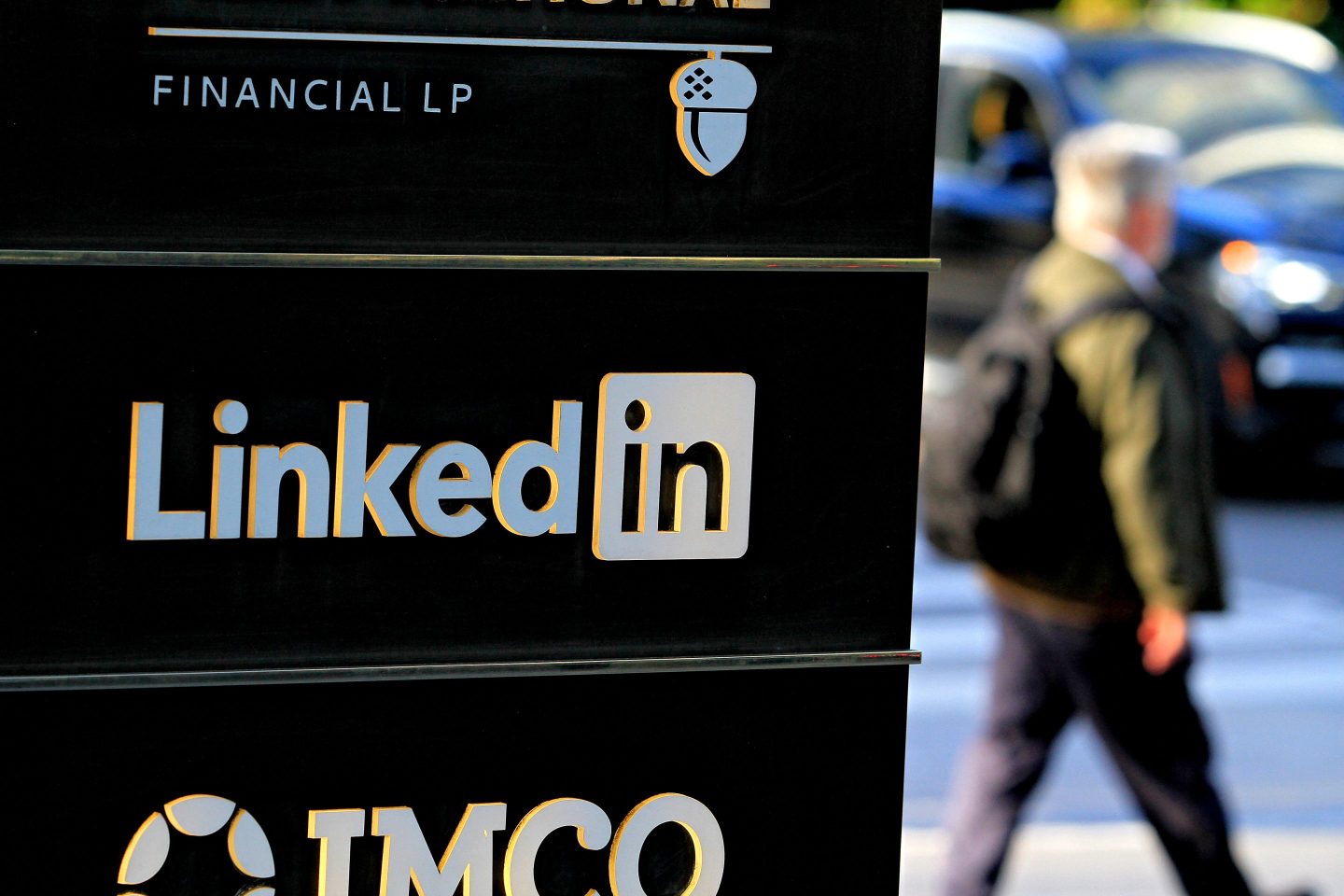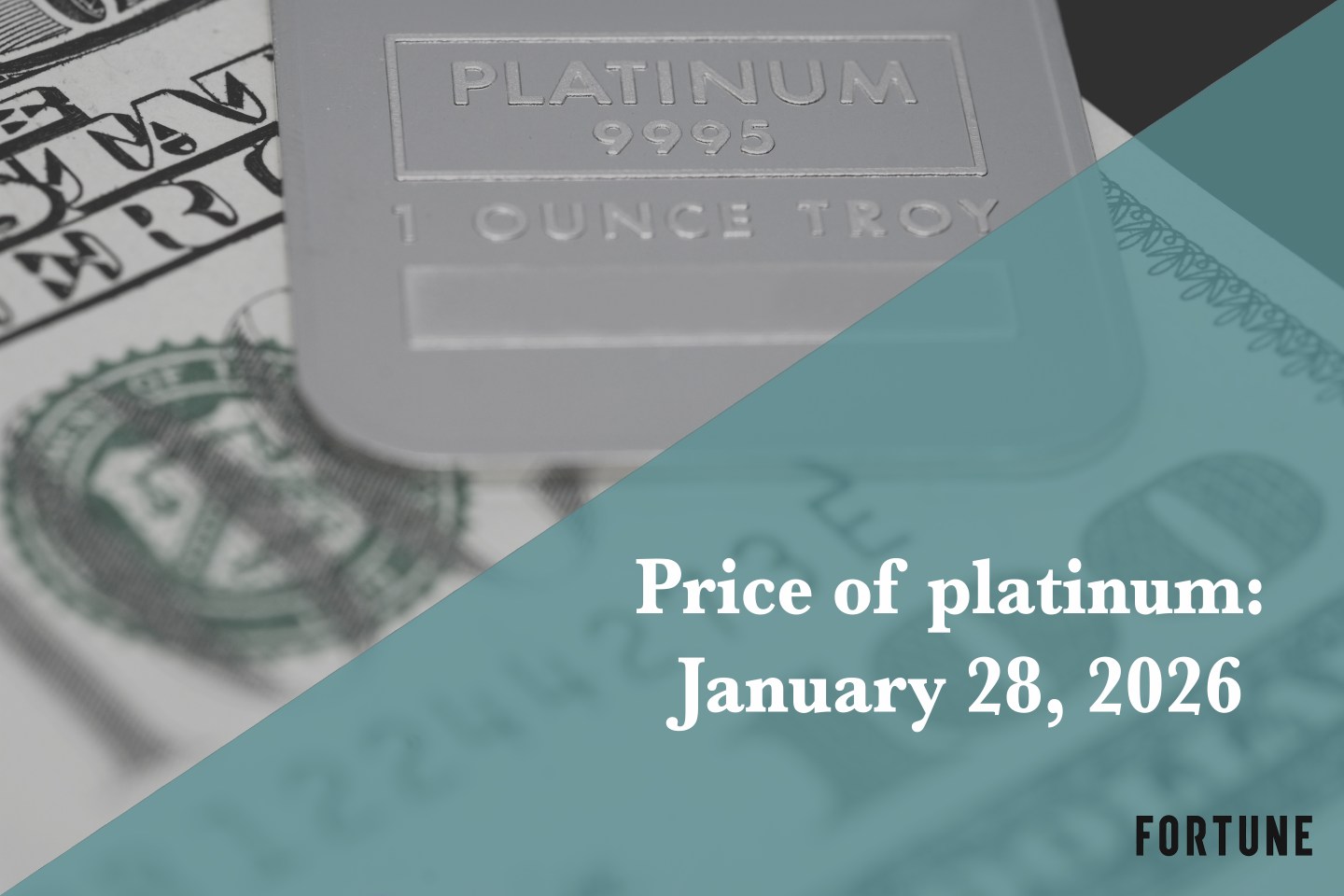FORTUNE – Ever since the 2007-2008 financial crisis, the image of the noble economist tapped to fix the world’s economic troubles has turned on its head. Last month, the American Economic Association, the world’s largest organization for economists, adopted conflict-of-interest rules.
This was partly in response to criticism that economists not only failed to predict the financial crisis but may have also contributed to it. Many in the profession often serve as consultants to companies, government and other groups outside of their academic work. It seems innocent enough, but those relationships (often lucrative and sometimes undisclosed) can become problematic when they recommend policies that help the narrow interests of their clients at the expense of the economy as a whole.
This was suggested in the documentary Inside Job, which featured prominent economists’ ties to companies that later collapsed during the financial crisis. Under AEA’s new rules, economists are required to disclose financial ties and other potential conflicts of interest in papers published in academic journals.
Indeed, the move could restore some faith in the profession, but it doesn’t really get at the source of the problem. That is, avoiding conflicts of interests in the first place, says George DeMartino, a University of Denver professor and author of The Economist’s Oath: On the need for and content of professional economic ethics.
“The problem is a long standing one,” says DeMartino, adding that concerns rose as early as the 1920s when academic economists earned income from outside interests, particularly the public utilities industry. DeMartino notes the issue became so pressing that American Association of University Professors, an organization of U.S. Professors and academics, created a committee to investigate the problem. It suggested a code of ethics related to funds from the private industry but the AEA never took up the matter.
MORE: Warren Buffett: Why stocks beat gold and bonds
And apparently little if anything changed over the years. In 2010, a study showed that a group of economists advising on the Dodd-Frank bill, which overhauled the federal government’s financial regulation framework, rarely disclosed their affiliations in their academic work. It found that economists behind the Squam Lake Report, which suggested a series of financial regulatory reforms, fully reported their affiliations in their academic work only 2.3% of the time, according to the Political Economy Research Institute at the University of Massachusetts Amherst. In media appearances, they gave the full picture of their affiliations only 28% of the time. And those who were most transparent only disclosed 71% of the time.
To be fair, economists themselves don’t deserve all the bad rep. The field of economics is useful but it’s also an imperfect science, and over the years the public has increasingly come to rely on them to forecast events that are extraordinarily hard to predict. It seems every few months economists change their predictions of a likelihood of a U.S. Double dip recession in what appears to be reactionary fashion.
Economists generally predict the behavior of firms based on a specific set of conditions, such as materials costs, labor costs and the like. But then it becomes harder to predict how the same firm would behave when you bring all kinds of psychological and emotional reactions into the picture.
It’s not as if the profession hasn’t acknowledged this. As economist and New York Times’ columnist has said: “As I see it, the economics profession went astray because economists, as a group, mistook beauty, clad in impressive-looking mathematics, for truth.”
So even if the AEA adopts a comprehensive code of ethics – which is needed and would improve the profession – it may not always make economists any better at predicting looming disasters. And that’s something the public will probably increasingly expect, if they haven’t already.











